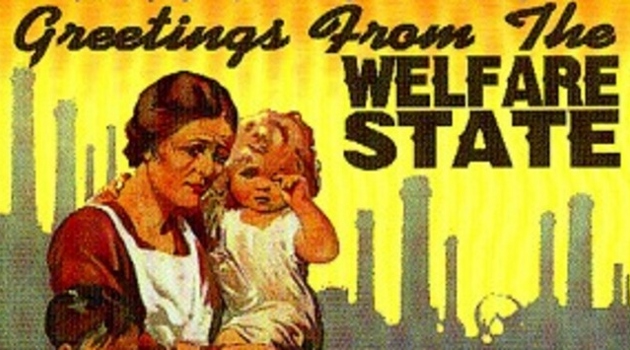
by Dan Mitchell | May 8, 2019 | Big Government, Blogs, Welfare and Entitlements
I’m a big fan of many of the economic reforms that have been implemented in Estonia, Latvia, and Lithuania. All three of the Baltic nations rank highly according to Economic Freedom of the World. Estonia and Lithuania are tied for #13, and Latvia isn’t far behind at...
by Dan Mitchell | Apr 25, 2019 | Big Government, Blogs, Economics, Free Market, Socialism, Welfare and Entitlements
I’ve repeatedly dealt with the argument over Denmark’s supposed socialism. My core argument is that Denmark is very bad on fiscal policy, but very laissez-faire on other issues such as regulation. The net effect is that Danes have about the same amount of economic...
by Sven R. Larson | Feb 19, 2019 | CF&P Foundation Prosperitas Studies, Publications
[PDF Version] Paid Family Leave: An Ideological Analysis By Sven R. Larson* In his 2019 State of the Union speech, President Donald Trump reaffirmed his commitment to paid family leave: I am also proud to be the first President to include in my budget a plan for...

by Sven R. Larson | Feb 12, 2019 | Big Government, Blogs, Welfare and Entitlements
As the new young radical Democrats in Congress ramp up their efforts to advance their ideology, Republicans have started labeling their ideas “socialism”. From this, one could easily get the impression that the 2020 election is shaping up to be an ideological...

by Dan Mitchell | Jan 26, 2019 | Big Government, Blogs, Welfare and Entitlements
When I think about social welfare spending, I mostly worry about recipients getting trapped in dependency. But I also feel sorry for taxpayers, who are bearing ever-higher costs to finance redistribution programs. Today’s column won’t focus on those issues. Instead,...




